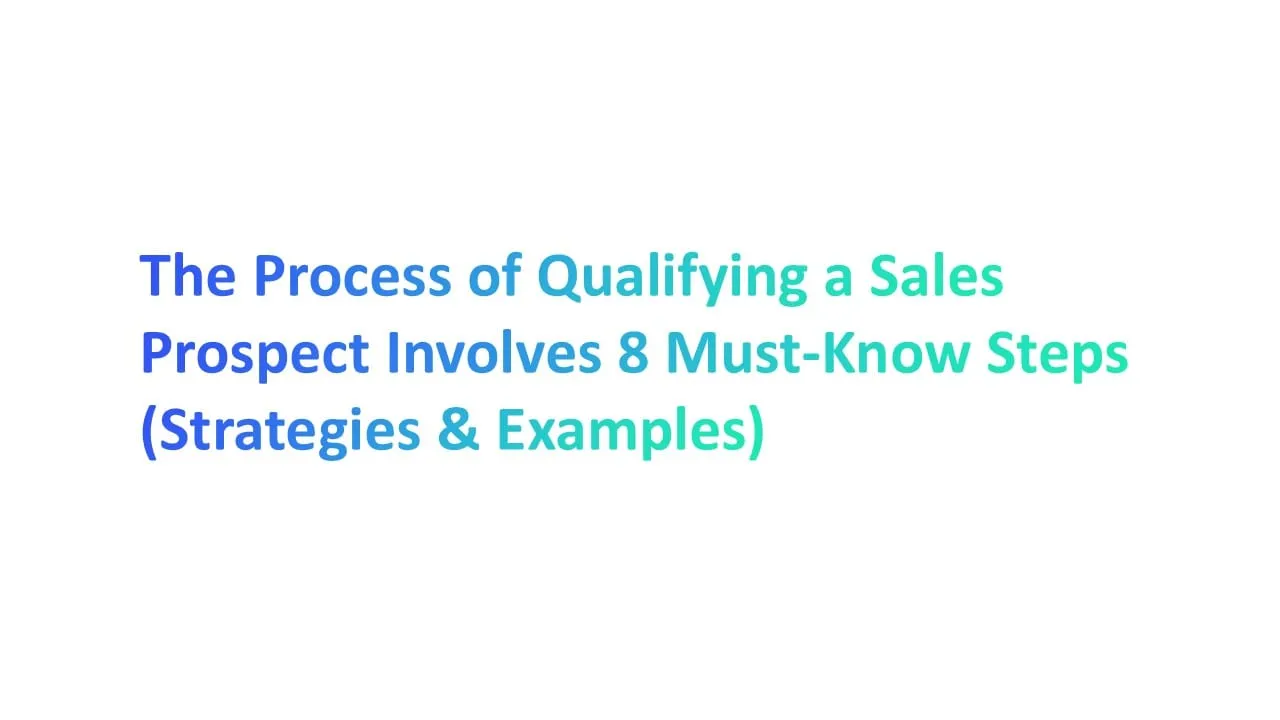Cold emailing is not necessarily against the General Data Protection Regulation (GDPR). GDPR is a set of regulations designed to protect the privacy of individuals and their personal data. Cold emailing may be considered compliant with GDPR if the email addresses used were obtained through public means or through legitimate interest guesswork, as long as the intent of the email is not to sell or promote a product or service.
However, it is important to be mindful of GDPR when sending cold emails, as the regulation does place certain restrictions on how personal data can be collected, used, and shared. In order to comply with GDPR, cold emails should not be sent to individuals whose personal data has been collected through deceptive or unethical means, or without the individual's explicit consent.
Here are a few key points to consider when cold emailing and GDPR:
- Make sure you have a legal basis for collecting and using personal data. This could include obtaining explicit consent from the individual or having a legitimate interest in contacting them.
- Clearly explain the purpose of your email and how you obtained the recipient's personal data.
- Provide the recipient with an easy way to opt out of future communications, such as an unsubscribe link or the option to reply and request to be removed from your email list.
- Protect the personal data you collect, and only use it for the purposes stated in your email.
By following these guidelines, you can ensure that your cold email campaigns are GDPR compliant and that you are respecting the privacy of your recipients.









